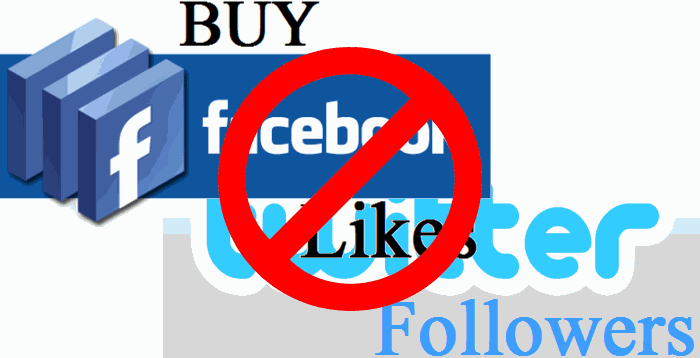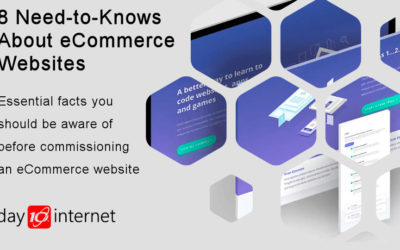I thought I would post my views on the relationship between search engines, specifically Google, and social media platforms, such Facebook and Twitter, because it seems that many people are misinformed about it.
Recently I had a discussion with a delegate at a business breakfast, where the topic of search engines and search engine optimization (SEO) arose, particularly in the context of Google. He explained that he had engaged a web marketing specialist to promote his website. He was particularly proud of the fact that this guy had managed to get him 10,000+ likes on Facebook and over 5,000 Twitter followers. So was he right to be proud about it?.
The simple fact is that activity on social media platforms has little or no influence over Google rankings. Matt Cutts, head of Google’s Webspam Team, who regularly talks and blogs about Google search and search algorithms, has made this clear. Here’s what Matt has to say on the topic.
“—-But as far as doing special specific work to sort of say “you have this many followers on Twitter or this many likes on Facebook”, to the best of my knowledge we don’t currently have any signals like that in our web search ranking algorithms.”
So does this mean that we should all abandon social media platforms for business? The answer is no, but if you are using them as a shortcut to Google visibility for your website, then you need to change your approach.
Firstly, understand who your target customers are and where they hang out. Simply collecting followers at random, to bump up the numbers, is a waste of time. Build up followers that fit your target customer profile. It’s better to have fewer followers, who are going to be interested in your business, that thousands who aren’t.
And on the same topic, never buy in Facebook or Twitter likes and followers. There are plenty of people around who’ll try to sell you on these, but you’ll waste your money if you buy. These people are the modern day equivalent of the self-styled SEO “experts” from a few years back, who would sell a service to “re-submit your website to 100+ search engines every month”. Snake oil salesmen.
Secondly, Your posting on those platforms should be related to your business and be designed to point people back to your website or blog.  Whenever you have a new product, post information on social media with a link back to your website. Post when you have something newsworthy to say. Post when you have a new blog article. Each time, post with a link back to your site or blog.
Whenever you have a new product, post information on social media with a link back to your website. Post when you have something newsworthy to say. Post when you have a new blog article. Each time, post with a link back to your site or blog.
Your aim for using social media should be to drive people back to your blog or website, not to try to affect your website’s positioning on Google, which is simply not possible.
For some businesses, the target customers will never, or are highly unlikely to, use social media. So you should think very carefully before you start putting significant effort into social media marketing. That’s why it’s very important to understand your target customer base before you start.
Social media should never be the main focus of your marketing efforts. Even if your target customers are prolific users of social media, the return you get from using it as a marketing tool will, typically, be small compared to other marketing channels.
There is no substitute for building up an opt-in email list. People who have agreed to receive communications from you because they are interested in what you have to offer. I have blogged about this in the past, here, and will do so again in future.
Marketing is all about quality not quantity. Precision focus not scatter-gun approach. Remember that and you will get the best return for your marketing budget and your efforts.
Do you use Facebook and/or Twitter for marketing your business? If so, I would be interested in hearing your views. Just add a comment on the form below.
Note, I’ve deliberately not mentioned LinkedIn on this post because LinkedIn is a slightly different animal from other social media platforms, and requires a different approach if you plan on using it. I do believe that businesses can get value from it, but that’s a topic for another blog post.
Some other posts you may be interested in:






